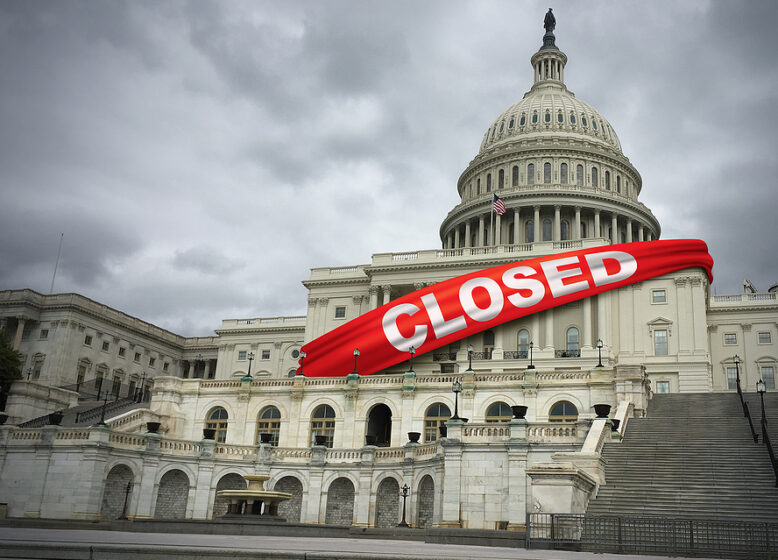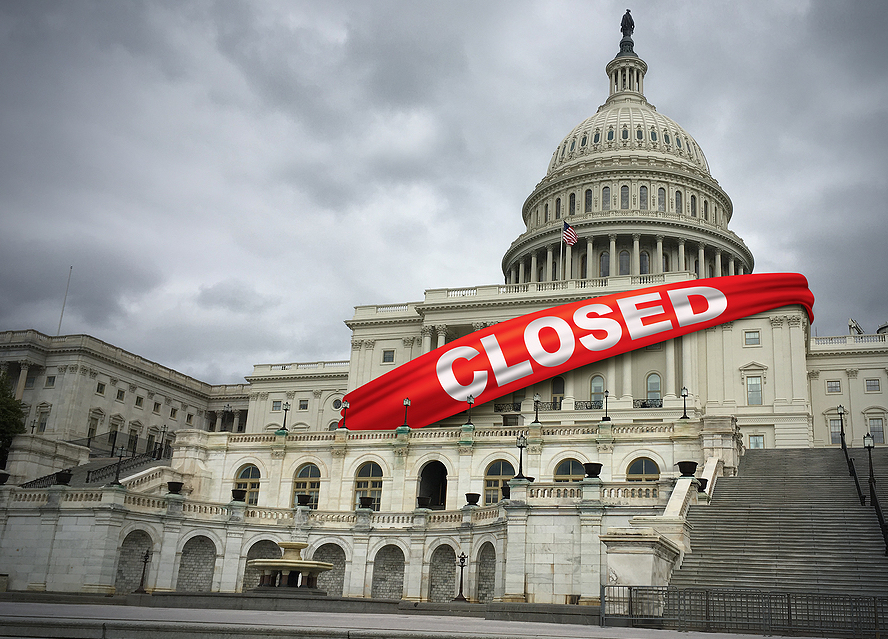
August 10, 2023

Source: Bigstock Fitch Scores just reduced the U.S. government’s credit score due in part to Congress’s disintegration in governance. Undoubtedly, every year, we see the very same political theater unfold: last-minute deals, deficits and, all frequently, the passage of enormous omnibus costs bills without proper analysis, along with repeated debt-ceiling fights and risks of shutdown.
But these are simply signs of a budget-making process that remains in desperate need of reform. With lawmakers chronically overdue about following their own guidelines, the modification may need to be as much cultural as procedural. No matter how good the guidelines are, they’re ineffective if political leaders neglect them. And in a world where political leaders are hardly ever informed no when it comes to developing or expanding programs, a lot of merely refuse to have their hands tied or behave as responsible stewards of your dollars.
Rubbing salt in the wound, the spending plan procedure has actually ended up being a winner-takes-all competition, leaving the minority party with little-to-no voice in financial results. Under these conditions, battles over the financial obligation ceiling, continuing resolution votes and risks of shutdowns are the only methods for the voiceless to mention their demands.
“The lack of oversight and the basic lack of a long-term vision is producing ineffectiveness, waste and red ink as far as the eye can see.”
Bad processes cause bad outcomes. The absence of oversight and the general lack of a long-term vision is creating inefficiency, waste and red ink as far as the eye can see. Without genuine reform, nobody can stop it. So, let’s have some real reform.
What we require is a thorough budget plan process under which programs like Social Security, Medicare and Medicaid are no longer permitted to grow without significant oversight. Combined with other obligatory, more-or-less automated spending items, they make up more than 70% of the budget plan. Therefore, they should be included in the routine budget process and subjected to routine review. Just then will our chosen agents be forced to stop neglecting the side of the budget that requires their attention the most.
This would likewise assist handle the reality that entitlement spending is, as every severe observer understands, unsustainable. Unless reformed, these programs will drain pipes wealth not only from the federal government but from the economy. Ensuring their sustainability should become part of any serious spending plan procedure reform.
Get in a “BRAC”-style fiscal commission, an idea promoted by the Cato Institute’s Romina Boccia. This commission would be staffed with independent specialists appointed by the president. It would be “entrusted with a clear and achievable objective, such as supporting the growth in the financial obligation at no more than the GDP of the nation, and empowered with fast-track authority, such that its suggestions end up being self-executing upon governmental approval, without Congress having to affirmatively vote on their enactment,” Boccia discusses.
I’m anxious about entrusting the president power to appoint “experts.” Sadly, Congress has actually proven they will never ever seriously attend to the issue unless forced to. The idea is not extraordinary. Congress has actually currently entrusted a lot of its legislative power to administrative firms and the executive branch. It’s likewise how the political class dealt with the closures of military facilities after the Cold War– another set of hard choices they refused to make by themselves.
What’s more, Congress would keep some veto power. If they the proposition, your home and Senate can reject it through a joint resolution within a given duration. Whether it’s the very best service to resolve our financial issues stays to be seen, however it deserves thinking about.
There are many more budget-reform concepts out there. I’ll leave you with another. For years now, Congress has failed to pass a spending plan, and in turn brought the country to the brink of a government shutdown by contesting the need for a continuing resolution– a temporary procedure that extends previous financing levels for a few months.
Making continuing appropriations automated in case of a lapse could remove the risk of shutdowns. As explained in one senator’s proposal, if appropriations work isn’t done, “execute an automated continuing resolution (CR), on rolling 14-day durations, based on the most present costs levels enacted in the previous .” Even more, to avoid over-relying on CRs, “all Members of Congress should remain in Washington, D.C., and work until the spending expenses are completed.”
The roadway to reform is never ever easy. Established interests and intricacy, combined with congressional spinelessness, are an overwhelming challenge. However the stakes are too high to shy away. It’s time to completely reconsider the way we approach the federal budget, grounding our efforts in the principles of transparency, accountability and fiscal duty.

